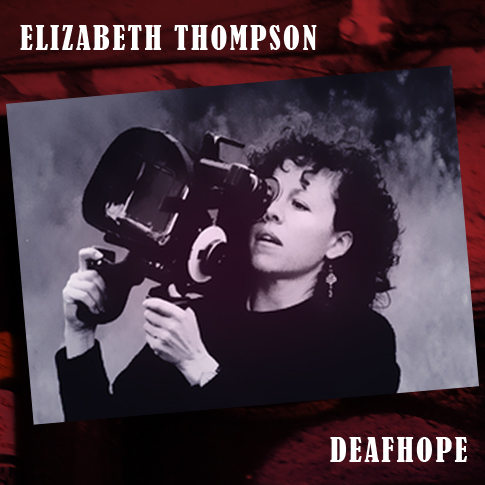Filmmaker Elizabeth Thompson collaborated with DeafHope to create “Double Code of Silence,” a seven-minute documentary exploring stories of Deaf survivors of domestic violence. If one of the hallmarks of domestic violence is isolation, Deaf women are doubly-isolated.
The artist and organization worked together on film research. DeafHope facilitated the artist’s interviews with survivors, and arranged for interpreters. DeafHope’s founder and director Julie Rems-Smario served as an on-camera expert, and consulted on the editing process. Communication and logistical challenges extended the transcription and editing process, increased project costs, and led to a shorter finished piece than originally proposed. Nevertheless, in Rems-Smario’s words, “Elizabeth helped us tell a story that is rarely glimpsed”; and DeafHope has used the film as an education tool in events, trainings, workshops, and community booths, earning a strong, positive response from the Deaf community.
DeafHope was established by and for deaf women to end domestic violence and sexual assault against them and their children through empowerment, education, and services. Among other challenges, few shelters are equipped with interpreters to help Deaf women. In her final report, Thompson noted, “I couldn’t have asked for a more thoughtful, dedicated group of individuals to collaborate with. The experience has been illuminating for me, shifting my perspective both as a filmmaker and as a hearing person.”
Elizabeth Thompson’s Emmy Award-winning documentary, Blink, explores the story of a man who was badly abused as a child and went on to commit racist violence as a young man and white supremacist. Another recent project, Zen Brats, is the first in a series of Brats documentaries about people who have lived “off the grid” of mainstream American culture.

